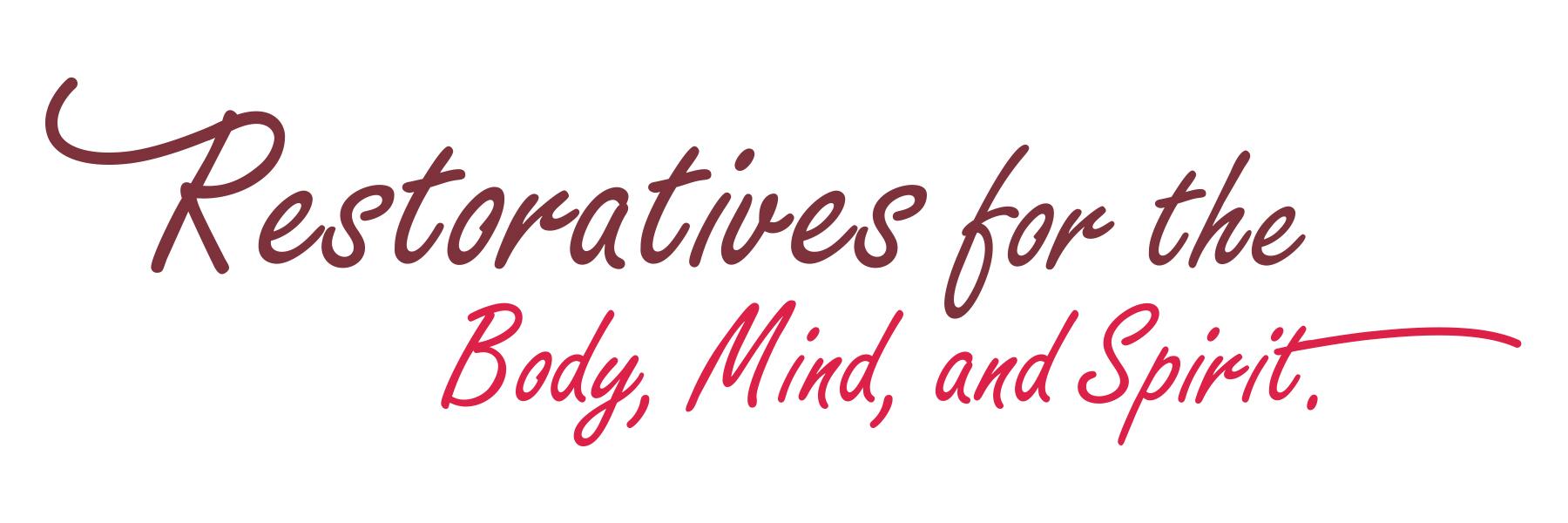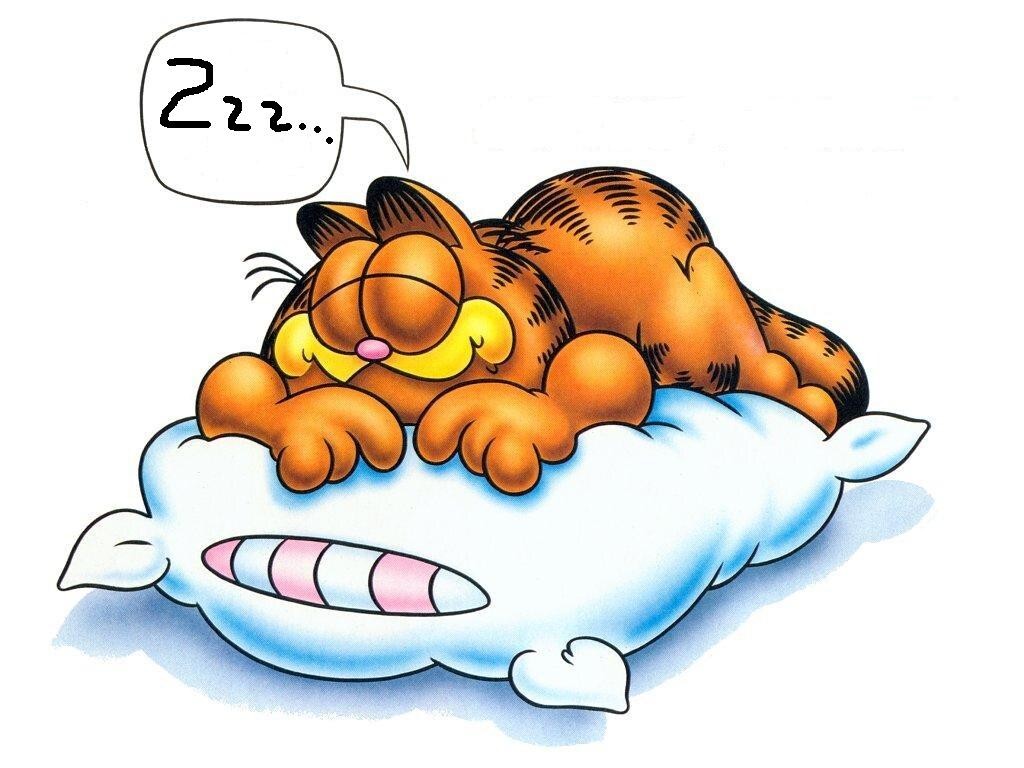“Amazing breakthrough! Scientists have discovered a revolutionary new treatment that makes you live longer. It enhances your memory and makes you more creative. It makes you look more attractive. It keeps you slim and lowers food cravings. It protects you from cancer and dementia. It wards off colds and flues. It lowers your risk of heart attack and stroke, not to mention diabetes. You’ll even feel happier, less depressed, and less anxious.” -Matthew Walker, Why We Sleep
Healthy diet. Check. Exercise. Check. Positive attitude. Check. Meditation. Check. Sleep. Ummmm…
Sleep is likely the most important thing we aren’t doing enough of.
Last year, I decided to take a serious look at my sleep habits. I was in the habit of staying up late since back when I was in high school and college. More recently, I had been staying up late regularly working on plans for my clients including recommendation for them to improve their sleep to support their health goals. The irony was not lost on me and I realized that I need to go through my own process and get a deeper understanding of sleep, as well as to model good sleep habits.
The first thing that came to my attention was that in our modern high tech fast-paced world, good sleep requires DISCIPLINE. Just like eating and exercise, we will automatically revert back to our normal habits unless we make a plan and a commitment to stick to it. Yes, changing sleep patterns requires a lot of focus and attention just like changing any other habit.
So of course, that begs the question, is all the effort really worth it? We all want high returns on our investments. Remember the phrase, “I’ll sleep when I’m dead.“ that was popular in the 80s? And somehow that sense of pride when pulling all-nighters and “surviving” on very little sleep. The key word here is survive and according to sleep research, you’ll be dead sooner than later if you don’t get enough shut-eye. Consider what your health and your best daily performance is worth to you and you will soon understand why prioritizing sleep is possibly THE most important thing for your well being. UN the 2017 book, Why We Sleep, Matthew Walker puts it very bluntly, “The shorter your sleep, the shorter your life span.” In other words, if you don’t snooze, you lose.
Citing numerous research studies in recent years, Walker catalogues that sleep is beneficial to all mental, physical, and emotional functions including immunity, cognitive performance and memory, creativity, mood regulation and social cues, digestion, circulatory health, weight regulation, exercise recovery, cellular repair, and hormone balance. He explains that “sleep dispenses a multitude of health insuring benefits” and that we are missing out on when we short change our sleep. It’s literally true that “Sleep is the best medicine”.
So how much sleep do we really need? We tend to get stuck on the average figure of 8 hours per night, but as Nick Littlehales points out in his book Sleep, that’s just an average. The main idea is that you feel rested and have energy after sleeping. Many people will be at their best at nine hours per night and some may do well with between seven and eight. In her book Lights Out, T.S. Wiley elaborates on the relationship between sleep and our circadian rhythms. She suggests that most of us are more likely to require more sleep in the dark winter months and much less in the summer months with long hours of daylight. We are programmed at a cellular level to be in rhythm with the natural cycles of day and night. The invention of the electric light bulb along with a constant drive for achievement and productivity at all costs has jolted us from that natural tendency.
Want to start enjoying all the health benefits of sleep? It’s time to make a plan. Just like diet and exercise, most of us already know that our sleep habits can be better. The first step is noticing how you feel in the morning and what are the various reasons that you may not sleep when you are actually tired. Also, take note of times during the day that you tend to feel sluggish and tired. Here are a few tips to steer you in the right direction. See which ones will work best for you and notice how you feel as your sleep habits are improving.
- Set a bedtime that allows for plenty of sleep and use an alarm to stick to it. Be sure to allow time to prepare for bed so that you are not rushing to get in bed at the chosen time.
- If you have been staying up very very late, try going to bed 10 minutes earlier each night until you reach the desired bedtime. This will be less of a shock to the system and more likely to lead to successful results.
- Turn off electronics 1 hour before bed. Just like bedtime, build up to it gradually.
- Be sure that electronics block blue light after sunset – be especially mindful of big tv screens – wear blue light blocker glasses if necessary.
- Write in a journal or jot down a to-do list to clear your mind to prepare for sleep
- Limit alcohol, sugar, and food before bed.
- Cut off caffeine after 2 pm.
- Take a warm bath in the evening.
- Use calming essential oils like lavender or cedarwood to help you relax.
- Open a window to keep the room cool. Studies show we sleep better in a cool room.
- Make the room really dark or wear eye shades.
- Allow yourself to take a 30-90 minute nap in the afternoon if your schedule permits.
Books related to sleep and habits
Duhigg, Charles, The Power of Habit; why we do what we do and how to change
Huffington, Ariana, The Sleep Revolution
Littlehales, Nick, Sleep
Pang, Alex, Rest; Why you get more done when you work less
Walker, Matthew, Why We Sleep
Wiley, T.S., Lights Out







